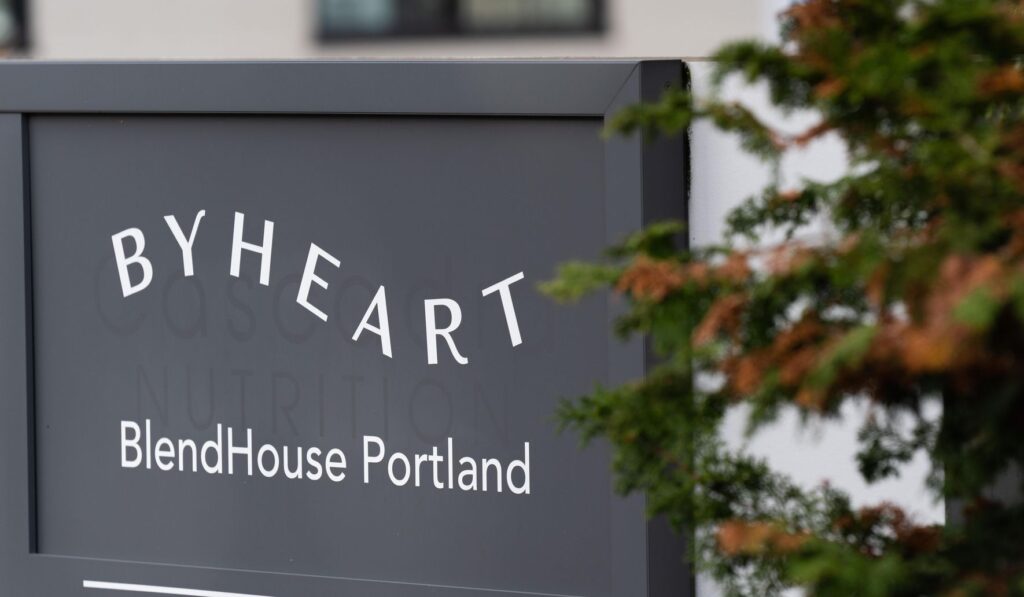The parents of at least two babies sickened in an infantile botulism outbreak are suing the makers of the ByHeart baby formula at the heart of a nationwide recall.
Two families have filed lawsuits after their infants fell ill in what public health officials have identified as an outbreak tied to a commercial baby formula. The products involved are subject to a nationwide recall that has raised alarm among parents and pediatricians. The litigation aims to hold the formula maker accountable for the harms allegedly linked to their product.
Infantile botulism is a rare but serious illness caused by toxins produced by Clostridium botulinum bacteria. In infants, it can quickly affect feeding, muscle tone, and breathing, prompting urgent hospital care. That severity helps explain why any outbreak tied to an infant formula triggers strong legal and health responses.
According to the reports, at least two babies became sick after consuming the formula in question, and those families pursued legal remedies. The plaintiffs’ complaints typically allege negligence, defective manufacturing, or failure to warn consumers about contamination risks. Those are common claims in product liability suits involving infant products.
When a food product is recalled nationwide, regulators and companies usually coordinate to remove affected lots and notify consumers. Parents are often advised to stop use immediately and consult health professionals if their child shows symptoms. Even so, recalls do not erase the immediate medical and emotional impacts on families already affected.
Manufacturers can face multiple types of exposure in these situations: civil lawsuits from families, regulatory scrutiny, and potential enforcement actions if inspections find procedural lapses. Legal cases seek to recover medical costs, pain and suffering, and sometimes punitive damages where gross negligence is claimed. The outcomes depend on evidence about contamination sources, quality controls, and how quickly the company acted once problems were identified.
Pediatricians emphasize early recognition and treatment for infant botulism because timely care can prevent long-term complications. Symptoms to watch for include poor feeding, constipation, weak cry, and decreased movement. Hospitals can provide supportive care and, in some cases, antitoxin therapies that mitigate the effects of the toxin.
Public health agencies typically investigate clustered cases to identify a common source and to advise recalls or other measures. Those investigations gather clinical data, samples, and supply-chain information to trace contamination back to a facility, ingredient, or distribution point. The goal is to stop ongoing exposure and reduce the risk that more infants will fall ill.
For parents and caregivers, a recall of a staple item like baby formula can be disruptive and frightening, especially when reports link the product to severe illness. Families often scramble to find safe alternatives while dealing with the emotional stress of medical treatment and legal action. Community support networks and pediatric practices can be crucial resources during that time.
Manufacturers facing a recall also must manage public relations and remedial steps such as correcting production processes, enhancing testing, and cooperating with regulators. A transparent approach can help restore consumer confidence, but legal claims can continue while investigations and any corporate fixes are underway. Courts will weigh the evidence presented by both sides when the litigation proceeds.
In lawsuits involving infant products, courts examine company records, test results, and witness testimony to determine whether the product was defective or the producer acted negligently. Expert testimony on manufacturing standards, microbiology, and clinical impacts is often central to the dispute. Settlements can occur, but cases may also go to trial if parties defend their positions strongly.
Parents who pursue litigation do so to cover medical bills, ongoing care needs, and the broader consequences of an infant’s illness. Beyond compensation, lawsuits can push companies to change practices to prevent future incidents. That regulatory and legal pressure has driven reforms in food safety and manufacturing processes in prior cases.
As the legal process unfolds, other families and health providers will watch for official guidance, recall updates, and any additional cases linked to the product. Public health communications aim to be clear about which lots are affected and what steps consumers should take. Meanwhile, the court filings by the affected parents will document their claims and set the stage for how liability issues are resolved.



